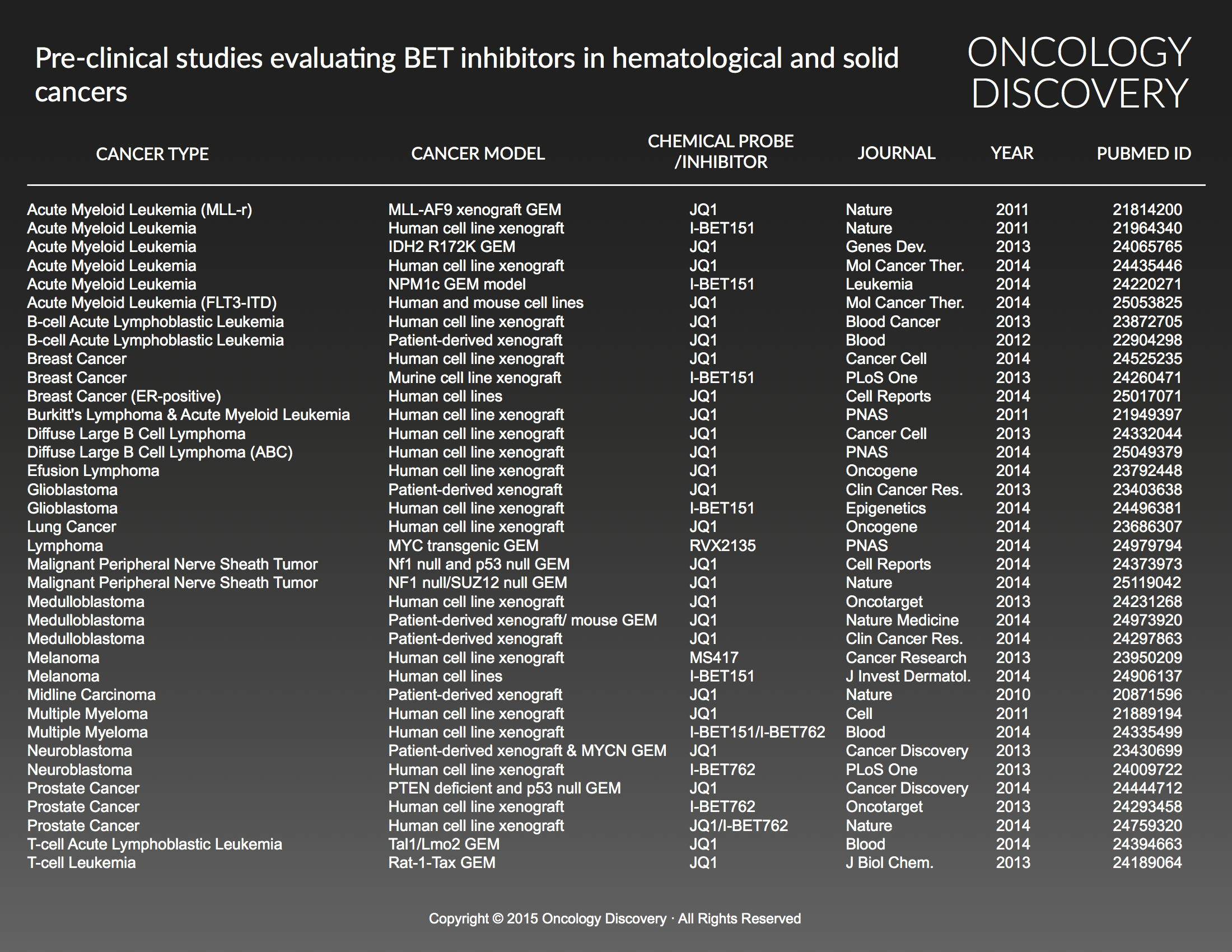Needing more NAD as time goes by is just the reality of ageing. To bring about a permanent "fix" to this situation I think it's still just beyond our reach at the moment.
Isn't reaching what this forum is all about?
ie: Following the epigenetic changes upstream, looking for the common denominator/s..?
The AntiAgingFirewalls posts have been doing some reaching:
The NQ01 gene which drives the NAD+/NADH ratio, and factors related to its activation and expression: BET proteins, the 20S proteasome, BET inhibitors, NQ01 regulation of PGV-1alpha, Nrf2 regulation, etc
The two “epigenetic readers” that suppress the Nrf2-induction of the NQO1 gene are called “Bromodomain and Extraterminal Proteins” (or BET proteins). Specifically, Brd2 and Brd4 proteins “sit on top” of the histone protein acetylated lysines at the promoters of the Nrf2-dependent genes. As a consequence, Nrf2 and the other transcription factors that “turn on” NQO1 gene cannot turn the gene on. (This is why BET inhibitors like JQ1are so exciting).
http://www.anti-agin...-interventions/
Lets "reach" a little further, following one lead; Nrf2 upstream:
As people age and their metabolic problems increase, the levels of this regulator, Nrf2, should be increasing, but in fact they are declining....
The reason for this decline is increasing levels of a microRNA called miRNA-146a.
http://www.longecity...-nrf2-in-aging/
It looks like miRNA-146a might increase with age as a means of downregulating the inflammation caused by high glucose and glycation to me?
http://www.longecity...ndpost&p=755625
Please feel free to "reach" a little people, as the exceptional members who used to frequent this forum and did so seem to have moved on, or no longer bother to post!?
Probably due to getting sick and tired of 'spoon feeding' everyone else!? 
TheGoogleSiteSearch option in the search dropdown menu (top right) is a good place to start joining some dots.
How to slow, stop and even reverse AGEs would be a good next step don't you... think?
Edited by Logic, 07 February 2016 - 09:47 AM.
































 This topic is locked
This topic is locked
























